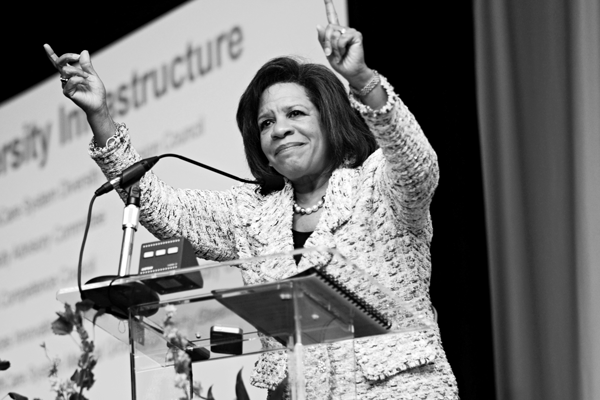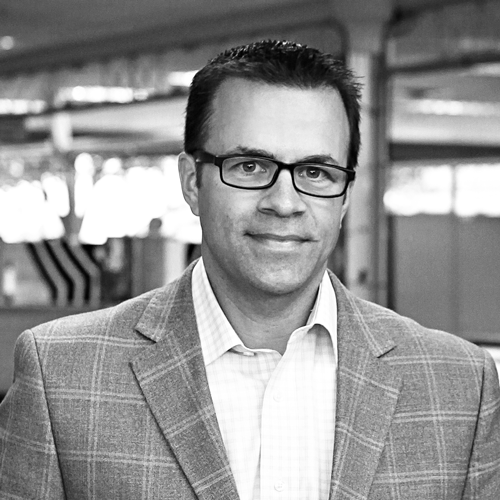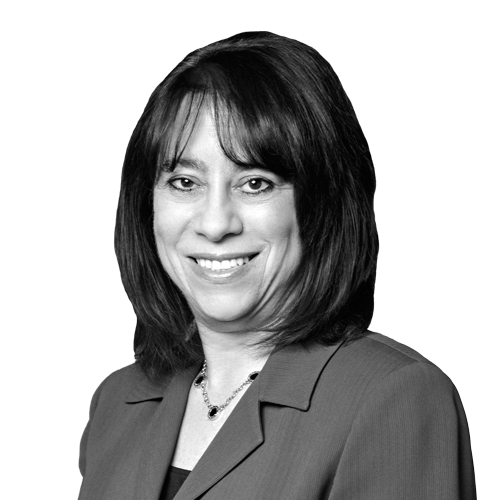Debra Plousha Moore is warm and kind, a person you immediately feel at ease talking to. She’s also humble, which means she’d likely not take credit for making Charlotte-based Carolinas HealthCare System (CHS) the employer of choice in the area, especially for the 34,000-plus employees in the Charlotte Metro region, but she’s definitely responsible for part of it.
CHS has a lot to offer its patients as one of the nation’s leading healthcare organizations, featuring more than 900 locations that offer a full spectrum of healthcare and wellness programs in North and South Carolina, including academic medical centers, hospitals, healthcare pavilions, physician practices, destination centers, surgical and rehabilitation centers, home-health agencies, nursing homes, and hospice and palliative care. CHS also has a lot to offer its employees, including the inclusive, compassionate work environment that Plousha Moore has worked so tirelessly to cultivate as chief human resources officer and executive vice president.

“To be in this field is to be dedicated, educated, experienced, and developed. That takes passion, and this dedication should be respected. When you respect your workforce, it only moves the mission of your organization forward.”
Plousha Moore entered human resources untraditionally—and accidentally—she says. Her entry point was academia. While working at the University of Dayton, where she received her master of science in education, in addition to teaching, she was part of a diversity/organizational, development/employee relations consulting group and was eventually recruited into healthcare, which Plousha Moore says redefined what “noble work” meant to her. She began her healthcare career by leading diversity and inclusion strategy, which forged her path into HR.
“Healthcare is for—and impacts the lives of—all people at one time or another throughout the continuum of life,” Plousha Moore says. “The university system is more limited in whom it impacts: it is solely for those with academic abilities. I enjoyed academia, but healthcare is my home and has been for twenty years. I love the reach it has.”
In her role, Plousha Moore pushes to make employees feel respected, valued, and heard because she has a deep understanding of the challenging nature of the work they do. After all, a 2014 CareerBuilder survey found that healthcare employees have the highest stress levels of any industry.
It’s a notion that is not lost on the CHRO. With more than 11 million patient encounters each year, 80 percent of CHS’s workforce is composed of women, and the system has more than 9,300 nurses. Hospitals and other healthcare organizations are a mixed bag, where families and members of the community are also stressed, waiting to hear news regarding life-changing events—sometimes joyful, sometimes not. The work, Plousha Moore says, becomes personal, and it is her mission to create a work environment where those who bear the brunt of these stressors feel supported.
“I think this might illustrate the very special people we employ: When it snows here in North Carolina, most people leave work early to get milk and bread and then go home. On those same days, our healthcare workforce is driving to work,” Plousha Moore says. “To be in this field is to be dedicated, educated, experienced, and developed. That takes passion, and this dedication should be respected. When you respect your workforce, it only moves the mission of your organization forward.”
At CHS, respecting your workforce takes shape in different ways. Competitive salaries and benefits are offered, of course, but Plousha Moore also now spends her weekends at work, offering CHS Saturday School to interested employees. Classes can focus on diversity and inclusion, leadership, financial education, and a number of other topics, including those personally requested by employees.
“I come from higher education, so there’s a part of me that’s very much wired to always be an educator,” she says. “My thinking is this: if you are curious and express interest in learning and self-improvement, it is my job to provide the education and space for learning. We want to offer instruction in a way that broadens our workforce’s abilities and capabilities both in the workplace and in their personal lives. It’s really about providing the infrastructure to help people operate at their highest level.”
Plousha Moore goes out of her way to offer these extras because she believes it’s important, but it’s also strategic. People need to work, she notes, to make a living, but CHS also needs top-notch employees to help the organization maintain its trusted reputation. This reciprocity, with both the organization and its employees benefiting from what is being offered, has helped CHS’s HR department to move well beyond its administrative roots and become a business partner. The professional development offered is a way of involving the organization’s workforce in its long-term strategy. With passionate and capable people happily moving up the chain, CHS benefits from their talents.
Part of being a lifelong educator is being a lifelong learner—something Plousha Moore readily identifies as. The CHRO says that part of being not just an effective HR leader but a successful one is having your finger on the pulse of all the industries that impact yours. For Plousha Moore, this means staying on top of what’s going on culturally, educationally, and technologically. Staying relevant, she says, is a way of keeping the organization relevant.
“Pushing to remain cutting edge also means questioning traditions or the way you’ve historically done things,” she explains. “Change is hard and it’s scary, but unless you keep shifting and moving—not just for the sake of staying relevant, but to advance the organization forward and meet its strategic goals—you’re going to fall behind. And that’s not good for the organization, its workforce, or patients.”
According to a 2008 survey report by the Society for Human Resource Management, the top five critical HR functional areas that contribute to organizations’ current business strategies were staffing, employment, recruitment, training and development, and employee benefits—and in the eight years since, a lot has changed. HR is quickly becoming a strategic business partner, and Plousha Moore is ready to push HR even harder and further.
“I’m ready for HR to lead conversations,” she says. “The relationship between the employer and employee has shifted, and I want HR professionals to be able to shift with these changes. I want them to feel comfortable in their personal development and about expressing opinions regarding the workforce and workplace. I want HR to inform decisions and be seen and consulted with as an expert. This is how HR will continue to be relevant.”


